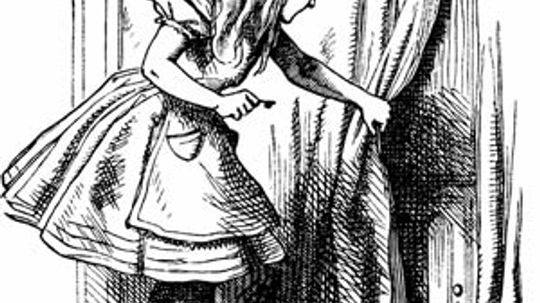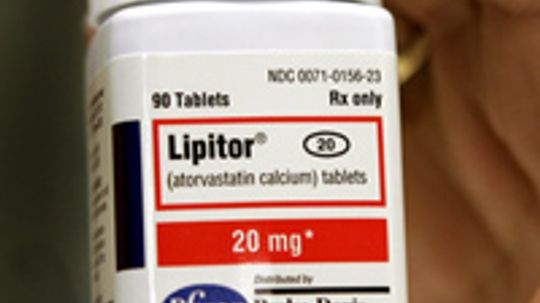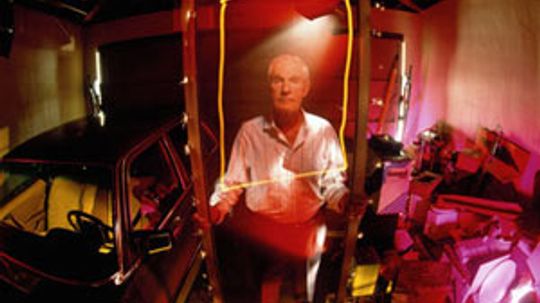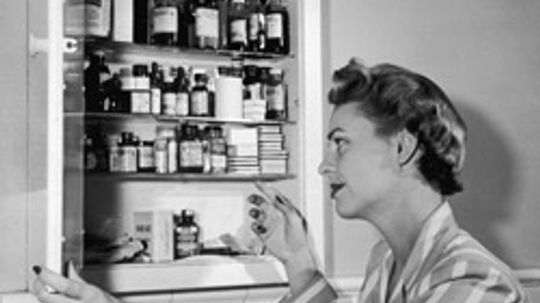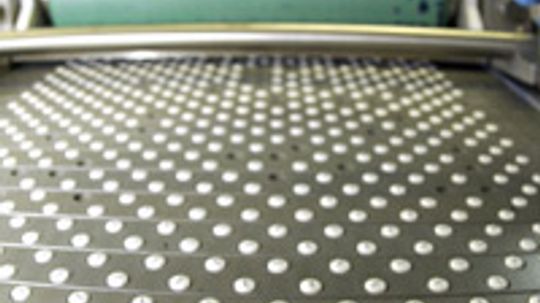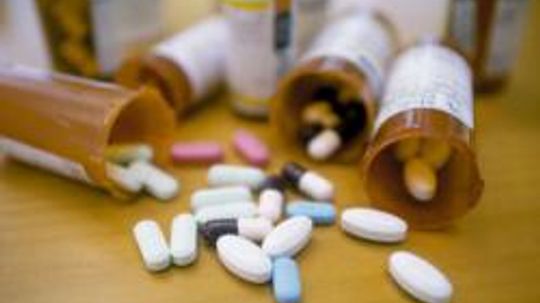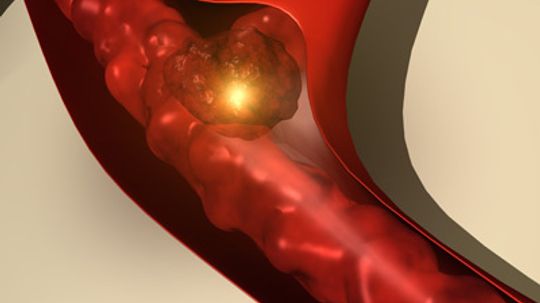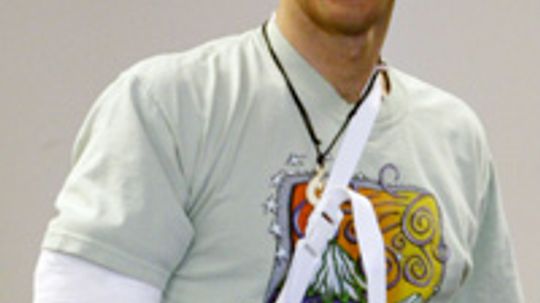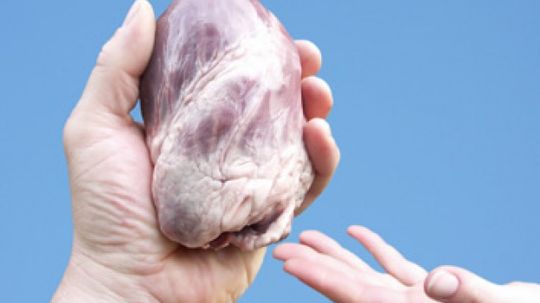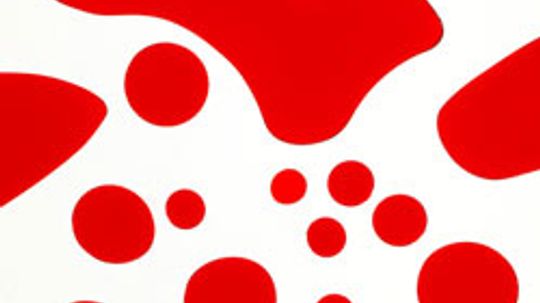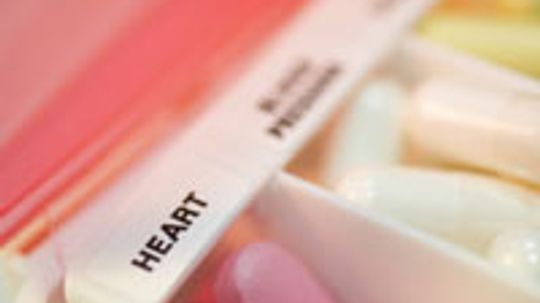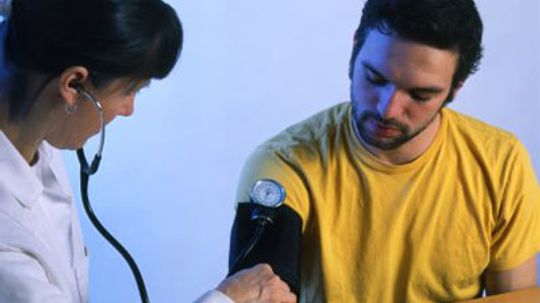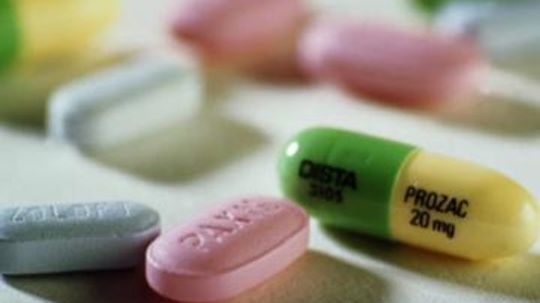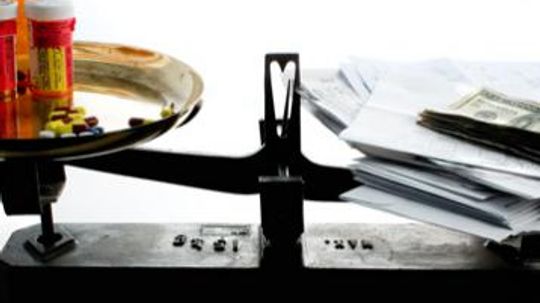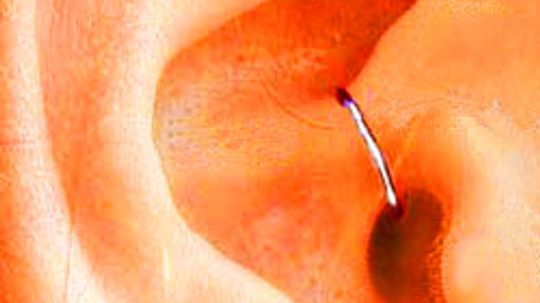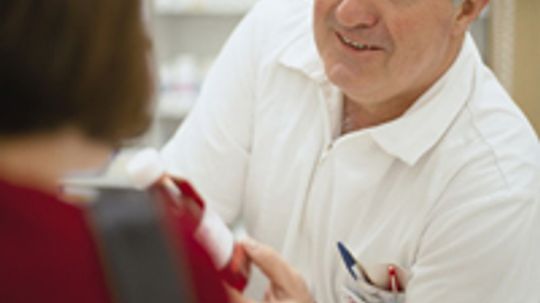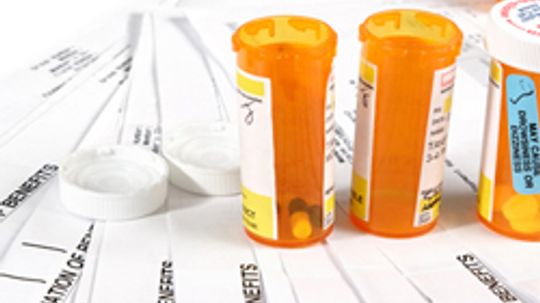Medicine
Medicine has to do with diseases and conditions that affect the entire body. In this section, learn about testing and treatment plans including the medicines used to prevent and treat a range of diseases and conditions.
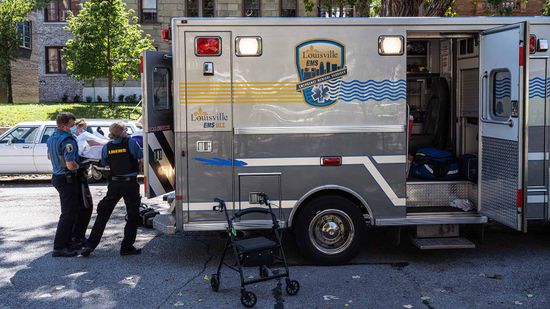
Is Your Hospital Diverting Ambulances Because of COVID-19?
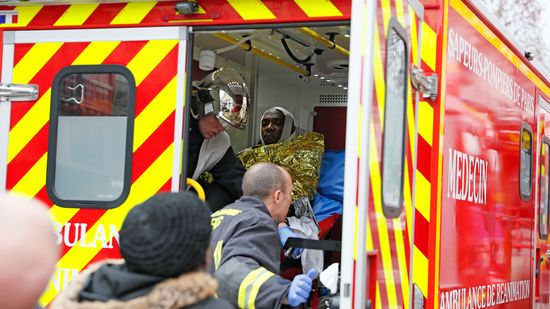
How Ambulances Work

Can You Go to the ER Without Health Insurance?
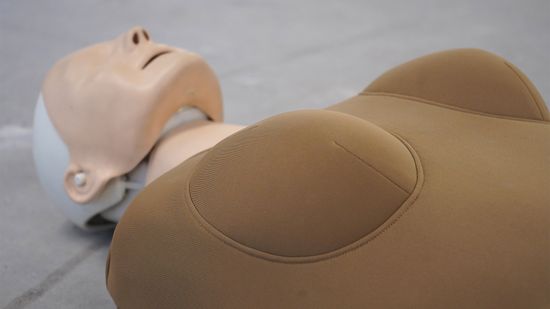
Womanikin: Overcoming the Stigma of Breasts and CPR
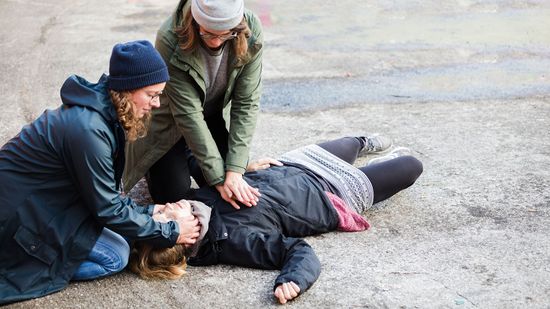
Women Less Likely to Receive CPR in Public, Study Finds
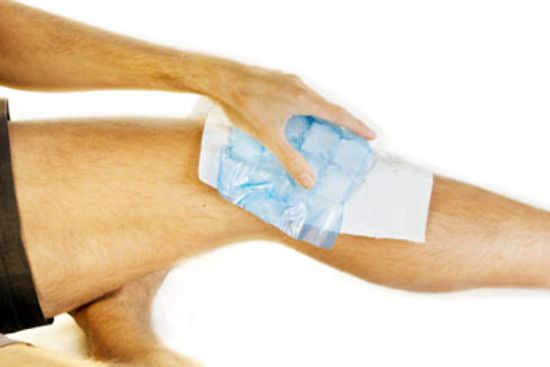
Should you use ice or heat to treat an injury?
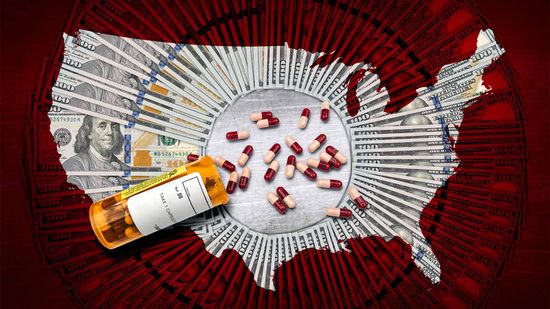
Mark Cuban Wants to Solve the U.S. Prescription Drug Price Crisis
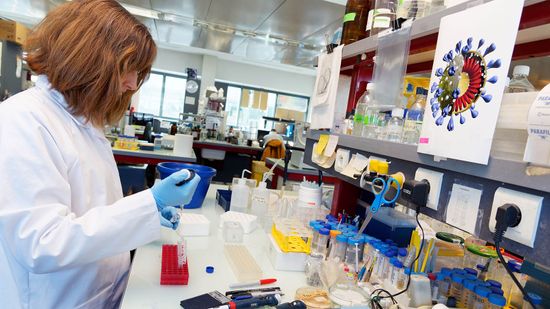
Epidemiologists Are the 'Disease Detectives' Protecting Public Health

Should Doctors Have to Pay Patients for Running Late?

Thalidomide: How a Miracle Medication Became a Global Tragedy
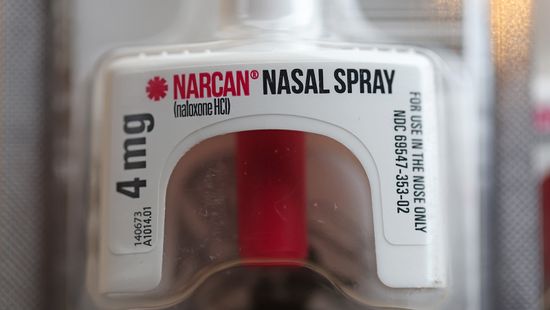
FDA Approves OTC Narcan Nasal Spray for Opioid Overdose
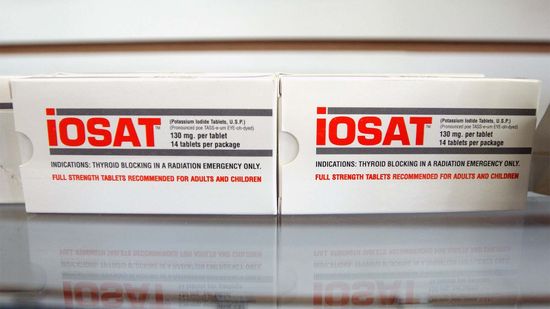
Why Are Potassium Iodide Pills Selling Like Crazy?

Who's the Most Powerful Doctor in the World? 5 Top Contenders
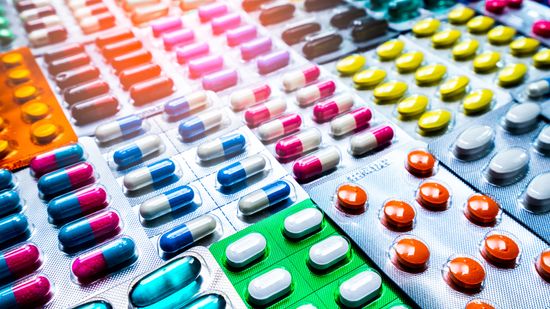
10 Types of Drugs Used for Medicinal (and Illicit) Purposes

15 Types of Doctors With Different Specialties
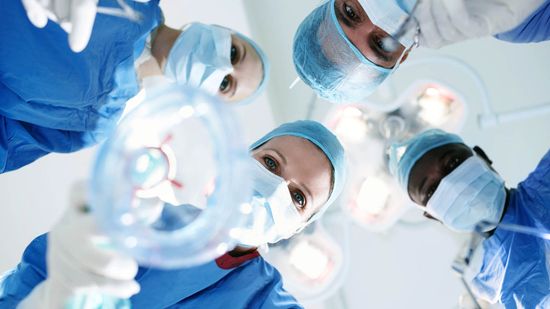
Anesthesia Awareness: When You're 'Awake and Aware' During Surgery

Prehab Could Make Your Recovery From Surgery a Bit Easier
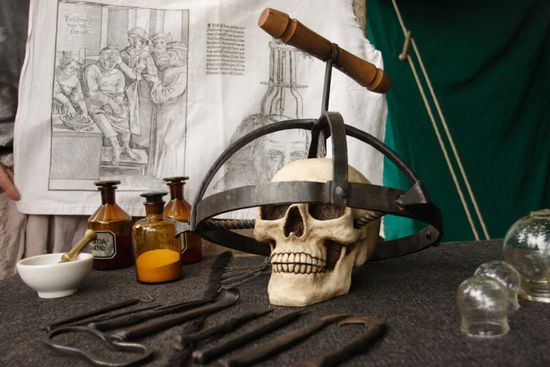
You Need It Like a Hole in the Head: The Ancient Medical Art of Trepanation
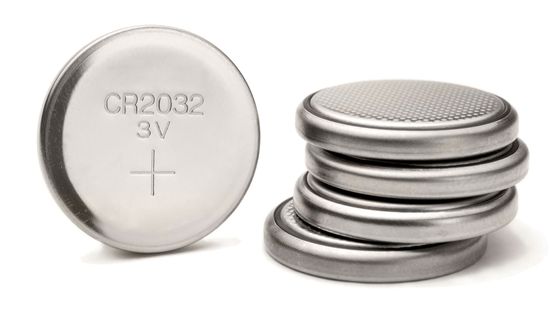
Honey Can Help If Your Child Swallows a Button Battery

What Is the Rarest Personality Type?
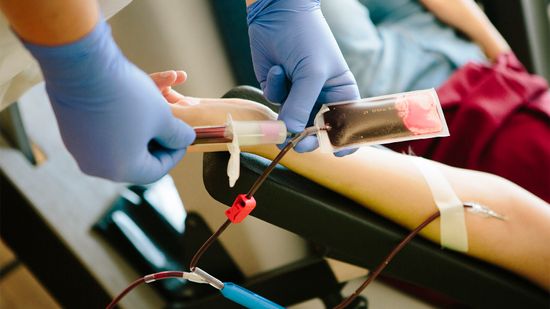
Veins, Needles, Yikes: What to Know Before Having Blood Drawn
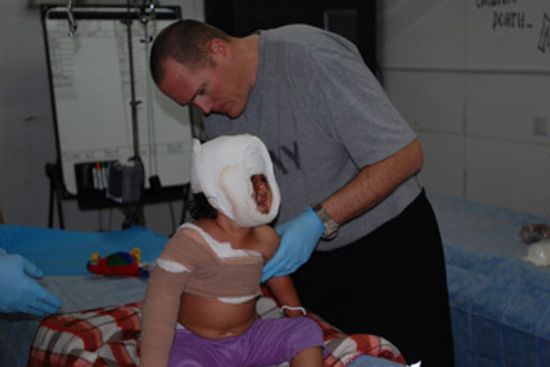
Are Army medics and doctors on the front lines?
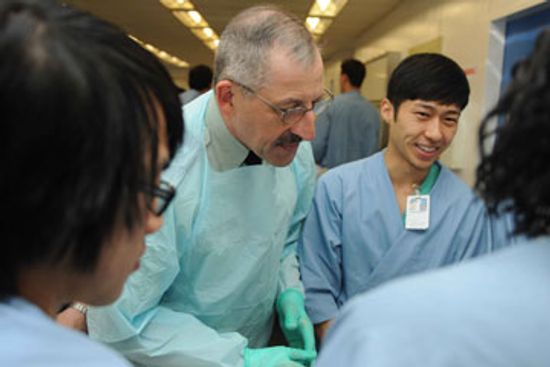
Can civilians become doctors in the U.S. Army?
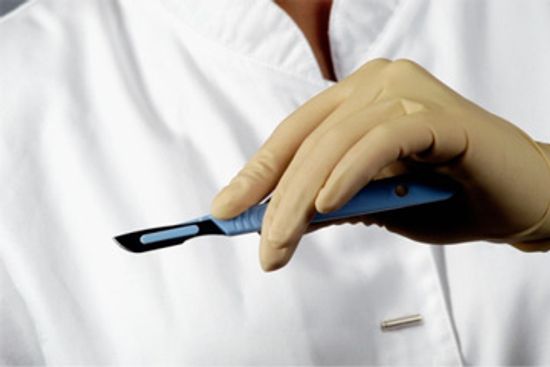
Do Army doctors and medics carry weapons?
Learn More / Page 7
Peter Pan? Besides the fact that he can fly, he never grows up. But in real life, aging is inevitable, no matter how we rage against the dying of the light. Or is it?
It's the biggest joint in the body and it's fun to bounce soccer balls off of -- it's the knee. But when arthritis or wear and tear destroys it, you might need a replacement.
By Tom Scheve
Imagine just being able to indulge in a pill that will make you small enough to fit into a bikini -- without having to trudge to the gym. Does a drug called Lipozene do the trick, or is too good to be true?
Advertisement
Depression is tough. It affects your mood, your relationships -- and your body. For some people, depression is also a source of physical pain. That's where Cymbalta comes in.
The bigger the better? Not when we're talking bad-cholesterol numbers. The drug Lipitor takes that number way down. How does a little pill pack such a punch?
Hallucinogens have a reputation for expanding your mind. Is it warranted? Science says that a little psilocybin (or mescaline or MDMA) might be able to cure what ails you -- even addiction to drugs like heroin and meth.
By Tom Scheve
In the history of desperate time and desperate measures, you'll find Jeff Getty's story. After getting FDA approval and finding a willing doctor, Getty had a baboon bone marrow transplant in 1995. The results? A mixed bag of success and skepticism.
Advertisement
When you've got a cut hand, a sore back or a high fever, it's no time to dig around for medical supplies. What are the 10 must-have items for your medicine chest?
Lots of folks take a daily aspirin to lower their risk of getting heart disease. How does this little white pill help prevent blood clots from forming?
By Julia Layton
Inkjet printers might be doing a lot more for doctors than just printing medical forms. This technology combined with microneedles could create a drug patch that might replace hypodermic needles.
Rainbow-colored pee? No, you're not crazy -- it could be a side effect of a medication you're taking. What's the weirdest thing a drug can do?
Advertisement
Sticks and stones may break your bones, but tarantula venom may prevent you from having a heart attack. Could some of the world's most fearsome creatures be harboring cures for disease?
By Josh Clark
Doctors and researchers continually develop new methods to fight against brain damage caused by strokes. But is it possible for lasers to bust up the clots? How can a laser get into your brain, anyway?
Amputations have been performed since ancient times, but did you know anesthesia wasn't developed until the 1840s? Mountaineer Aron Ralston amputated his own arm after being trapped by a boulder. Could you do it?
It's as easy as checking "yes" when you register for or renew your driver's license. But organ donation is actually a complex and serious process.
By Tom Scheve
Advertisement
Ultrafiltration is a medical therapy that removes excess salt and water from the bodies of patients who have a condition called fluid overload.
Inotropic drugs, which are used to manage various heart conditions, alter the force of your heartbeat. How do they work, and what are some of their side effects?
Vasodilator drugs help lower blood pressure by widening blood vessels. How do they work, exactly -- and are there any serious side effects?
Doctors are prescribing more antidepressant drugs than ever. What does this trend suggest? Are these drugs being overprescribed, or are patients simply more comfortable with confiding in doctors about depression?
By Jane McGrath
Advertisement
Diuretics are used to treat a wide variety of conditions. Learn about diuretics in this article and find out what conditions diuretics can treat.
You just got a new job. You go in on your first day, get your ID badge and fill out all of your paperwork. You start work immediately, but your insurance doesn't start working for you for another 30 days. Why do you have to wait?
Your face is how the world sees you. But what if something awful happened to it? In 2005, Isabelle Dinoire was the first recipient of a face transplant. How do doctors transplant a face, and is it a good idea?
Some call it body piercing. Some call it acupuncture. Some call it absurd. But could a piercing help you lose weight?
By Julia Layton
Advertisement
About half of all prescriptions are filled with a generic equivalent of a brand-name drug. Generic drugs have the same active ingredients, safety and effectiveness as brand-name medications, but are they really just as good? And why are they so much cheaper than brand-name drugs?
We often hear that antidepressants, cholesterol medicines, blood pressure drugs and countless other prescription medications are widely used in the U.S. How do the most commonly-used prescription drugs compare in terms of sales?


